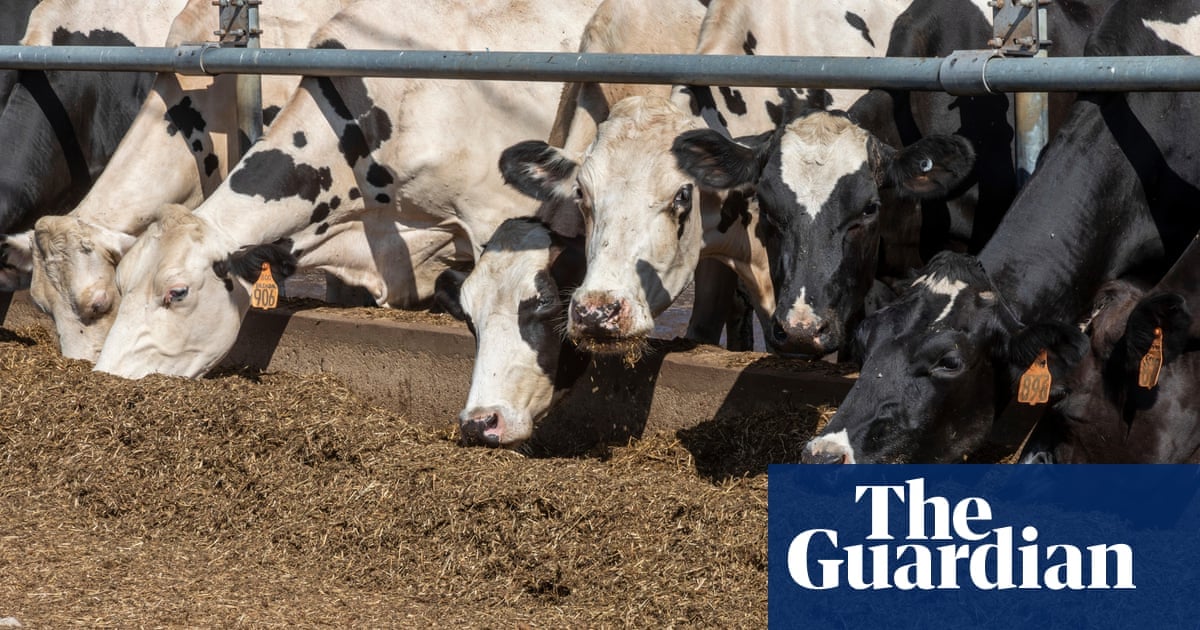- cross-posted to:
- health
- [email protected]
- cross-posted to:
- health
- [email protected]
Summary
A new H5N1 bird flu variant has become “endemic in cows,” with cases detected in Nevada and Arizona, raising concerns about human transmission.
Experts warn that without intervention, the outbreak will continue, but Trump has cut CDC staff and halted flu vaccination campaigns.
The virus’s spread coincides with a severe flu season, increasing the risk of mutation.
The administration has also stopped sharing flu data with the WHO and shifted its containment strategy away from culling infected poultry, raising fears of inadequate response.



if that were the situation, you might be right. but since we actually feed livestock mostly crop seconds and byproducts, it’s actually a conservation of resources in a lot of situations, with minimal competition with human food sources
https://www.sciencedirect.com/science/article/abs/pii/S2211912416300013
https://www.pnas.org/doi/abs/10.1073/pnas.1713820115
your shepon paper shows a great deal of spinach being fed to chickens. why would it be fed to chickens if it were suitable for human consumption? I don’t actually know, but my guess is that it is not suitable for human consumption, and that is why it is fed to chickens. that’s a conservation of resources. the potatoes fed to cattle are likely the same.
this paper doesn’t discuss this discrepancy at all. I have to say I don’t find the analysis very compelling.
you clipped this out of the abstract, but it’s highly relevant to what I’ve been saying: this is a byproduct of pressing soybeans for oil. if we didn’t feed it to livestock, it would be industrial waste.
When we look at the most common extraction method for soybean oil (using hexane solvents), soybean meal [feed to farm animals] is still the driver of demand
https://www.sciencedirect.com/science/article/abs/pii/S0926669017305010
This is even more true of other methods like expelling which is still somewhat commonly used
https://www.mdpi.com/2077-0472/9/5/87
Even other extraction methods being explored in research as well don’t have soybean oil as the main driver of demand
https://www.researchgate.net/profile/Jasreen-Sekhon/publication/330375817_Economic_Feasibility_of_Soybean_Oil_Production_by_Enzyme-Assisted_Aqueous_Extraction_Processing/links/5c49d531a6fdccd6b5c586b6/Economic-Feasibility-of-Soybean-Oil-Production-by-Enzyme-Assisted-Aqueous-Extraction-Processing.pdf
a soybean is only about 20% oil to begin with. that means that even using the numbers you have here, the oil is twice as valuable per pound compared to the rest of the bean.
do you have the full papers? I can’t really examine these claims from the links you provided.